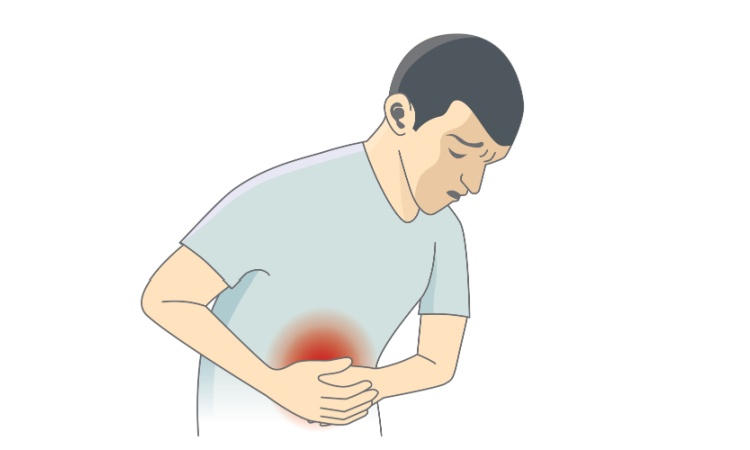Gas Effects on Body
Gas Effects on Body

Gas within the digestive tract is a regular process of food digestion, yet when gas becomes out of control, painful, or persistent, it can indicate a health issue. The problem may interfere with day-to-day functions and trigger emotional distress. While often minimised as a harmless complaint, the body effects of gas can be subtle and extensive.
From physical discomfort to chronic gastrointestinal disorders, awareness of gas effects on body is crucial. Equally important is having the appropriate health insurance plan that covers diagnostics and treatment costs when symptoms of gas point to a more serious health issue.
Gas Effects on Body
Gas in the gastrointestinal tract is primarily caused by swallowed air and bacterial fermentation of unabsorbed food in the colon.
While mild belching or bloating is most often normal in most people, others experience worse symptoms, including Irritable Bowel Syndrome (IBS), lactose intolerance, or Small Intestinal Bacterial Overgrowth (SIBO).
Gas effects on the body include:
• Abdominal cramps and pains:
Gas makes intestines bulge, causing mild or sharp pain.
• Distension and bloating:
Repeated bloating tightens the abdominal wall, which becomes tense and uncomfortable.
• Suppressed appetite:
Chronic gas pressure leads to premature fullness, impaired nutrient absorption, and weight loss.
• Gas-induced chest pain:
The gas trapped might rise and be felt as chest pain.
• Fatigue and sleep disorders:
Overnight gas retention tends to upset sleeping patterns and keep people groggy and irritable.
There are also emotional effects from gas. Embarrassment about excessive gas or bloating can lead to withdrawal and fear of social contact.
In some cases, excess gas can be a symptom of an underlying illness such as Celiac disease, Crohn's disease, gastrointestinal infection, or even early colon cancer.
Conclusion
While some digestive gas is to be anticipated, recurring or painful symptoms should not be ignored. Active care of digestive health includes diet and stress control and easy access to timely medical attention.
A good health insurance plan lets you get the required treatment when symptoms persist or worsen without causing much financial strain.
Disclaimer: The above information is for illustrative purposes only. For more details, please refer to the policy wordings and prospectus before concluding the sales.
RELATED ARTICLES
A Complete Guide to Understanding Irritable Bowel Syndrome
5 tips to detoxify and cleanse your body
Diarrhoea: Symptoms, Treatment, and Prevention










 Health Insurance
Health Insurance  Travel Insurance
Travel Insurance  Car Insurance
Car Insurance  Cyber Insurance
Cyber Insurance  Critical Illness Insurance
Critical Illness Insurance
 Pet Insurance
Pet Insurance
 Bike/Two Wheeler Insurance
Bike/Two Wheeler Insurance  Home Insurance
Home Insurance  Third Party Vehicle Ins.
Third Party Vehicle Ins.  Tractor Insurance
Tractor Insurance  Goods Carrying Vehicle Ins.
Goods Carrying Vehicle Ins.  Passenger Carrying Vehicle Ins.
Passenger Carrying Vehicle Ins.  Compulsory Personal Accident Insurance
Compulsory Personal Accident Insurance  Travel Insurance
Travel Insurance  Rural
Rural 











